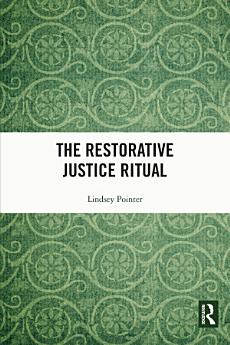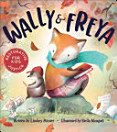The Restorative Justice Ritual
About this eBook
This book engages with these three critical questions through an understanding of restorative justice as a ritual. It proffers three dominant ritual functions related to the performance of justice: the normative, the transformative, and the proleptic. Two justice rituals, namely, the criminal trial and the restorative justice conference, are examined through this framework in order to understand how each process fulfills, or fails to fulfill, the multifaceted human need for justice.
The book will be of interest to students, academics, and practitioners working in the areas of Restorative Justice, Criminal Law, and Criminology.
About the author
Lindsey Pointer is the Assistant Director of the National Center on Restorative Justice at Vermont Law School. She has a Ph.D. in Restorative Justice from Victoria University of Wellington in New Zealand and is a former Fulbright Fellow and Rotary Global Grant recipient. She is co-author of The Little Book of Restorative Teaching Tools: Games, Activities, and Simulations for Understanding Restorative Justice Practices.





